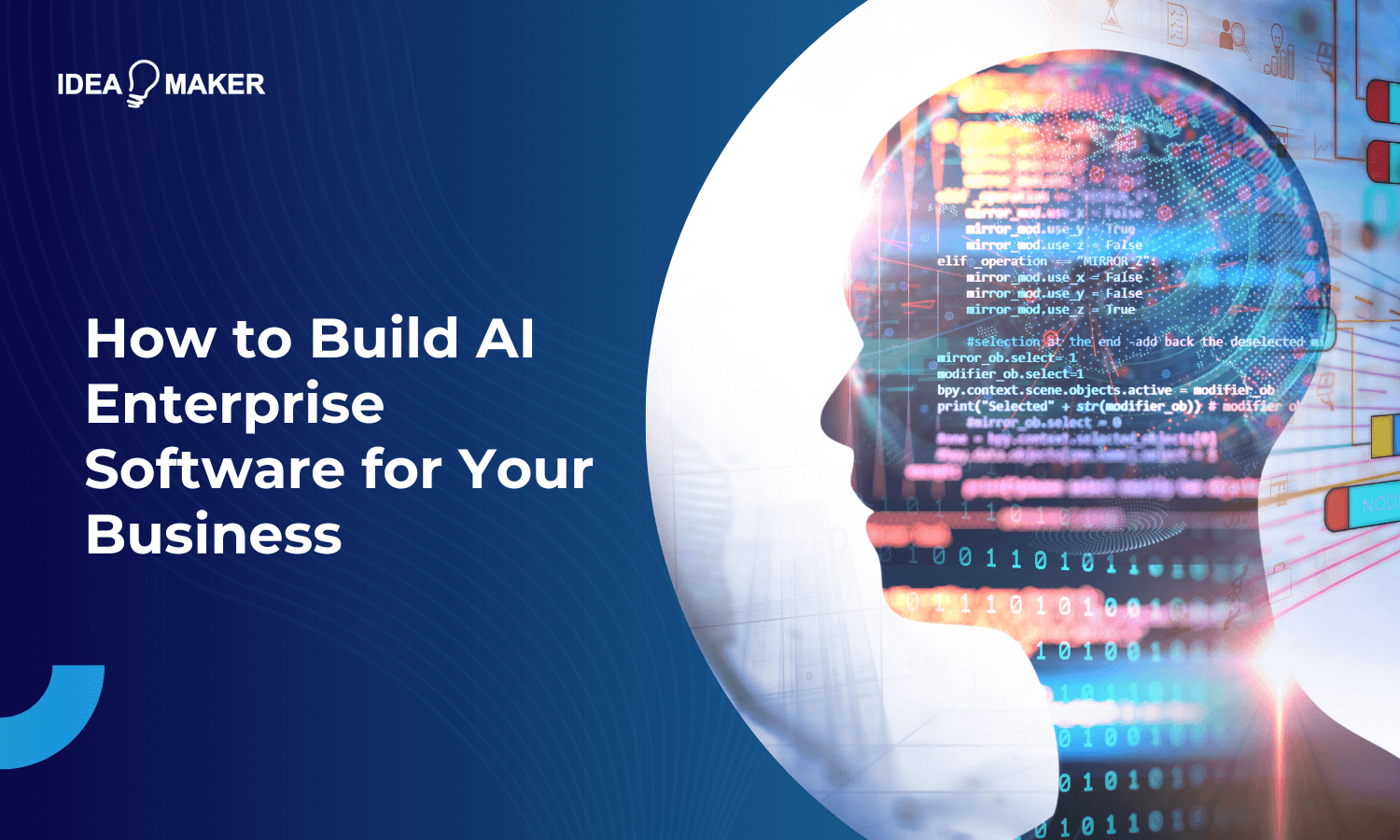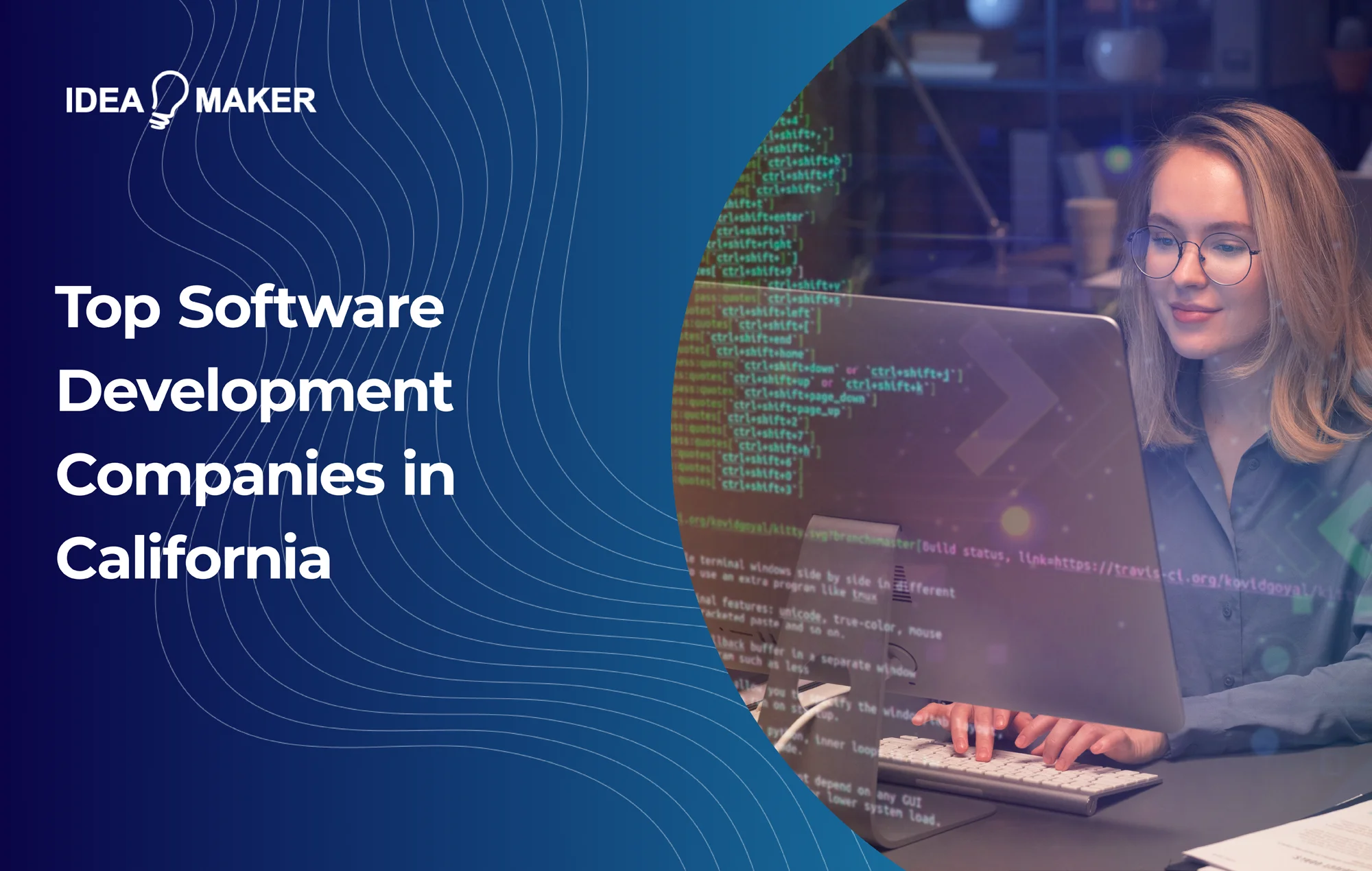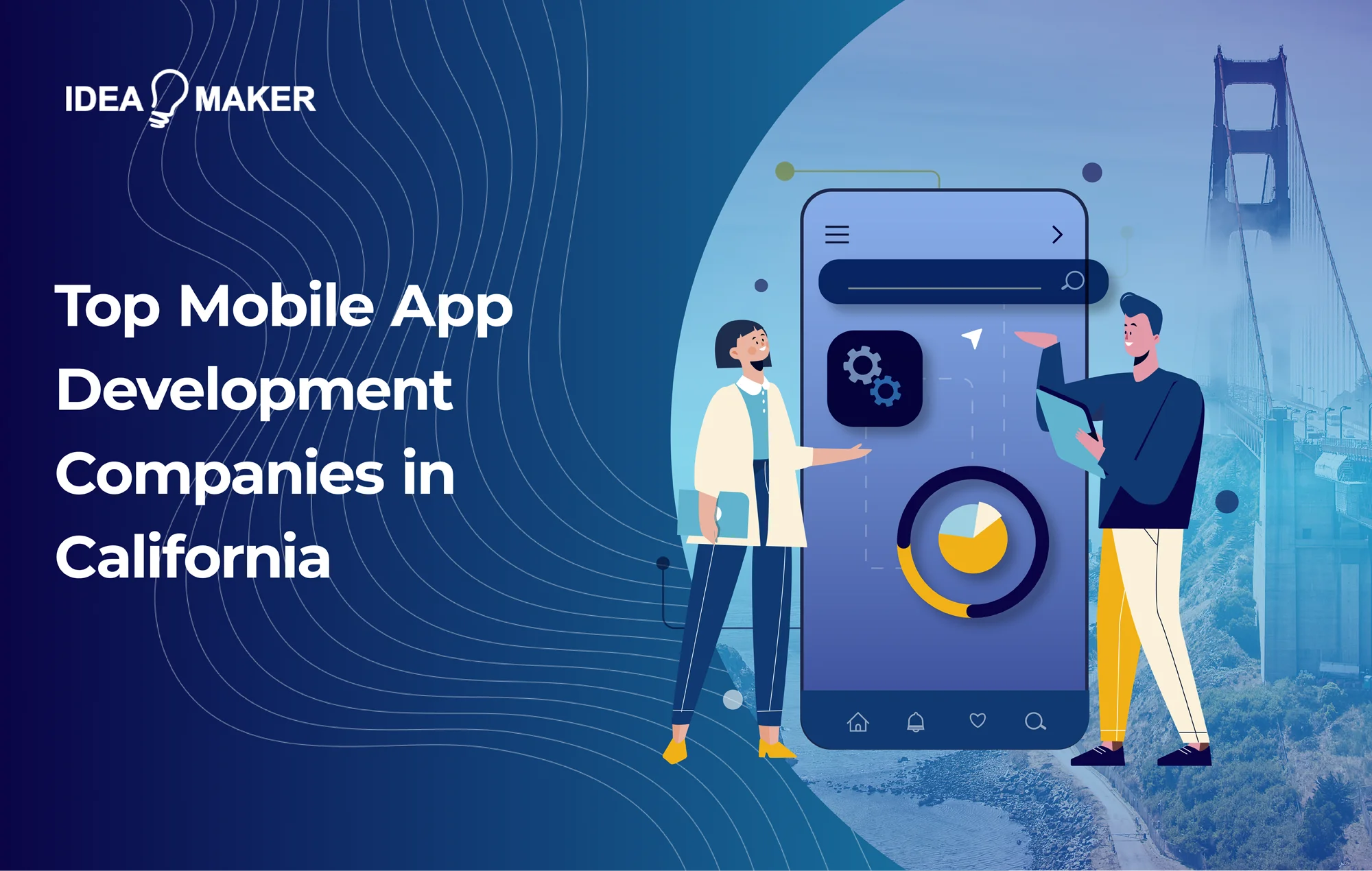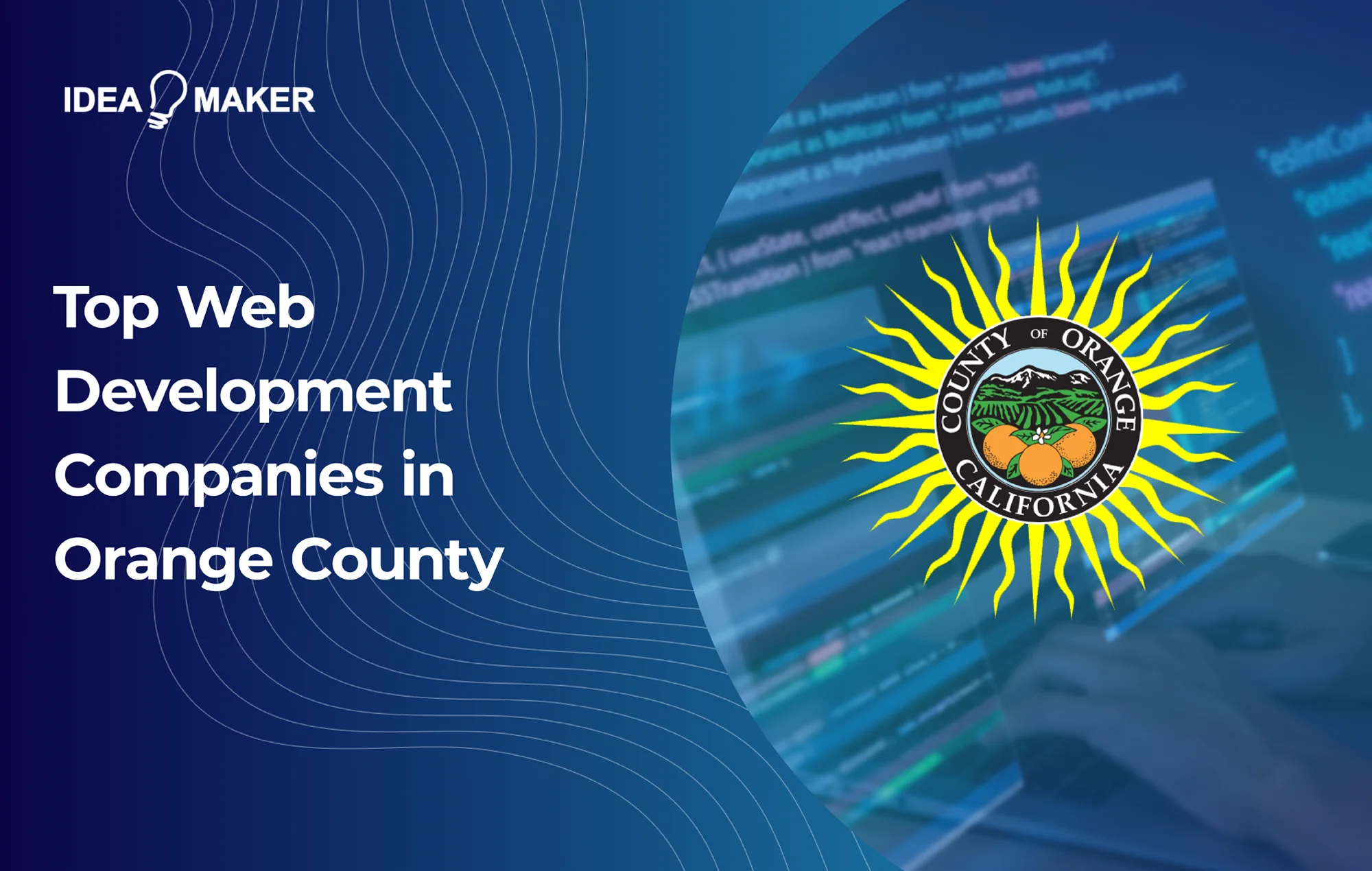Table of Contents
Did you know that 35% of global enterprises use artificial intelligence in their business? As AI becomes more commonplace in daily life and business, this figure is likely to rise. When you consider the many benefits AI can bring to businesses, it’s easy to see why it’s quickly becoming a staple of the workplace.
In this article, we explore the benefits of AI-powered enterprise software, how it works, and how you can get started in building your own AI business software. Keep reading to learn more.
What Is AI Enterprise Software?
AI enterprise software utilizes artificial intelligence and machine learning to solve complex business challenges, as it’s specifically designed to enhance workflows, extract insights, and improve efficiency across daily operations. Rather than taking a one-size-fits-all approach, however, these platforms integrate into existing infrastructure and core business systems.
With capabilities such as processing volumes of data to uncover patterns, automating repetitive tasks, generating forecasts to support planning, and optimizing processes, AI enterprise software enables predictive analytics, intelligent automation, conversational interfaces, computer vision, and advanced security.
As a result, it can be used in a wide range of applications, including supply chain optimization, predictive maintenance, algorithmic trading platforms, dynamic pricing engines, HR analytics, and cyber threat detection.
Popular Types of AI Enterprise Software
Artificial intelligence can be integrated into almost any type of software, but there are several key areas in which AI is perfectly suited.
Customer Service Chatbots
AI-driven customer service chatbots allow businesses to provide customer support 24/7 without the need for large teams of human agents. While AI customer service chatbots are generally integrated directly into your website, enabling customers quick access to support, entire help desks with AI capabilities can also be developed, giving customers a support hub in which their issues can be swiftly addressed.
The benefit of using AI chatbots for customer service, aside from being labor-saving, is that they have the ability to understand context. This means AI customer service chatbots offer the same level of autonomy and understanding as a human agency. They can even be trained to identify when human expertise is required and can hand off issues accordingly.
Task Management
Used by businesses to better organize and streamline their day-to-day operations, many task management applications combine automation with smart AI decision-making. ClickUp AI, for example, offers users an AI-powered virtual assistant capable of evaluating writing, summarizing, and creating tasks, as well as customer support and marketing functionality.
Ultimately, AI-driven task management software allows businesses to take a hands-off approach to project management and uncritical administrative tasks. This helps companies save time and labor while encouraging a more productive working environment. Popular AI task management applications include ClickUp AI, Notion AI, and Monday.com.
Data Analysis and Reporting
As artificial intelligence is excellent at processing and analyzing large swaths of data, it is perfect for business data analysis and reporting software. Data analysis software allows businesses to import and visualize datasets, making them easier to interpret. However, AI can be leveraged to generate its own interpretations of the data and likely future changes or outcomes.
This level of complex data analysis and reporting capabilities makes data-driven decision-making a smoother and more accurate process for businesses. AI data analysis functionality is best used in combination with task management and customer relationship management (CRM) software, as it can help guide workflows.
Recommendation Engines
For eCommerce businesses and online sellers, recommendation engines can be used to suggest products to customers they’re likely to want. This type of software utilizes AI machine learning algorithms that learn customer preferences by analyzing their previous purchases and product pages they’ve visited, as well as personal and statistical information. The information is then compiled to show customers products based on their preferences, making sales more likely.
The technology used for recommendation engines is similar to that of data analysis and reporting software–both review and interpret data to provide likely outcomes (i.e., which customer is most likely to buy “X” product). Though recommendation engines are best suited to eCommerce, the same tech can be used to guide decision-making and marketing content.
Why Build AI Enterprise Software for Your Business?
Now that you understand the top benefits of AI enterprise software, let’s take some time to properly explore the advantages of AI use in enterprise applications.
Improve Efficiency
Thanks to its task automation, guided decision-making, and data analysis abilities, AI enterprise software can improve business efficiency by reducing the number of trivial tasks employees have to perform on a daily basis. This means that businesses can spend more time focusing on high-priority and essential tasks, completing them more swiftly and thoroughly. However, it should be noted that AI enterprise software works best in combination with human oversight, so striking a balance is essential in order to maximize efficiency.
Reduce Costs
As a result of the labor saved through task automation and replacing menial roles like customer service, businesses can reduce their overall outgoings with AI-powered enterprise software. This makes AI enterprise software well worth the investment, as your business will likely recuperate the cost of development in saved labor.
Minimize Human Errors
When carrying out repetitive, boring, and data-heavy tasks, humans are prone to making silly mistakes and oversights. Using AI to handle these types of tasks, your business can minimize human error, saving time and money that would otherwise be spent on rectifying unnecessary mistakes.
Improve Data Analysis and Decision-Making
A common theme among the use cases we listed in the previous section is the ability to ease decision-making and data analysis using AI. Of course, this is an excellent advantage of AI enterprise software, especially in regards to new companies that need direction and large enterprises with vast amounts of data.
Things to Consider Before Development
Before we get to our step-by-step breakdown of the development process, there are a few key things you should consider when building your own AI enterprise software.
Training Data Sources
Training data powers your AI, as it determines how refined your AI’s abilities are and what kind of responses or functionality it provides. As a result, the source of your training data makes a big impact on overall functionality and performance, meaning it’s essential to use high-quality training data free from bias, relevant, and publicly available or properly licensed.
Failing to secure the correct permissions for data use can lead to lawsuits as OpenAI–the company behind ChatGPT–has faced. Additionally, by feeding your algorithm a diverse data set, you can prevent inaccurate and skewed responses that often come from biased training data.
Upcoming Regulations
As AI development quickly advances, thus far, governments have been slow to regulate. However, calls for AI regulation have grown loud, largely coming from tech giants like Elon Musk. As a result, it’s likely that major AI regulations are headed our way with little indication as to what they will entail. This means you’ll need to ensure that your AI algorithm and enterprise software are flexible enough to be changed upon the implementation of AI regulations.
Privacy Considerations
You should also consider how you’re going to protect your users’ information as well as those providing training data. For example, if your AI application processes employee information and automatically schedules their shifts based on business requirements, hackers could extract their personal data and determine their whereabouts. Of course, this is an edge case, but it’s not beyond the bounds of reality.
As a result, you should transparently outline how collected data is used for AI training and take steps to secure your application. This will be particularly helpful when AI regulations are imposed, as your AI software will already securely handle user data.
6 Steps to Build AI Enterprise Software for Your Business
Now that you know the ins and outs of AI enterprise software and what considerations you need to make before development, let’s get into the basics of AI enterprise software development. Here are six steps to get started:
-
Identify Business Requirements
First, you should outline your business’s requirements and determine how you will use artificial intelligence to leverage your daily operations. The answer to this will, of course, alter the course of your development and how you implement AI into your enterprise software. For example, if you’re looking to use AI to optimize your scheduling processes you will need to integrate a different set of features compared to if you’re using AI for data analysis.
-
Select a Machine Learning Model
The next stage is to select an appropriate machine learning model before beginning development, as this will act as the framework for model training and software functionality. This means that choosing the right model for your AI algorithm will impact the way your software processes information and how it executes functions. Fortunately, there are several options you may wish to consider, including:
- Linear Regression: Linear regression represents one of the simpler yet still effective machine learning models, capable of modeling linear relationships between variables. This makes linear regression a helpful approach for numerous predictive analytics tasks, from sales forecasting to demand planning; however, it does lack the complexity to handle highly nonlinear systems.
- Neural Networks: Neural networks take inspiration from the interconnected neurons within biological brains. By linking many computational nodes organized in layers, neural nets can model intricate nonlinear patterns difficult for humans to discern. While this enables neural networks to excel at complex tasks like image recognition and natural language processing, their complexity often also requires substantial data and computing resources.
- Support Vector Machines: Support vector machines take a different approach, mapping data points in space and defining clear margins between categories or classes. This makes support vector machines well-suited for classification tasks with distinct, separable classes, as performance can suffer when class boundaries are less defined.
- Random Forests: Random forests combine multiple decision trees, each trained on subsets of data, into an ensemble model. By averaging across trees, random forests limit overfitting and improve prediction accuracy. However, the large number of trees makes random forests resource-intensive and less interpretable.
Choosing the right model for your AI algorithm will impact the way your software processes information and how it executes functions.
-
Design Your Software and Features
The next step is to design your software using proper user interface (UI) and user experience (UX) principles. For instance, you should ensure that any clickable elements are clearly highlighted and conveniently placed away from crowded or cluttered areas. You should design your software with the overall user experience and workflow in mind.
Related Page: Our Design Process
-
Hire an Expert Software Development Agency
Once you’ve designed your AI enterprise software, it’s time for the development phase. As artificial intelligence model development and integration is a complex process, it’s best to hire an expert software development agency, such as Idea Maker. However, there are several things you should look out for before hiring an agency.
Checking the development agency’s project portfolio is an excellent way to determine their software quality and relevance to your business and project. You should also identify whether they have a clearly defined development procedure listed on their website, which indicates transparency and helps you to know where and when your input is needed throughout the development process.
Additionally, you will need to ensure that the software development agency you work with offers post-release support options, as the ongoing maintenance of your software is vital when dealing with sensitive business and personal information.
Related Page: Our Development Process
-
Test and Refine Your Software
Once your AI enterprise software is developed, you’ll need to put it through rigorous testing to verify that your application functions as intended and is free from any obvious bugs. This is also an excellent opportunity to refine your AI algorithm by testing its responses and outputs, making adjustments accordingly. Because business software deals with sensitive information, you’ll need to work closely with your development team to make sure that there are no vulnerabilities that could result in hacking.
-
Deploy and Maintain
After you’ve refined your AI enterprise software, you can then deploy it to your local servers and install it on your business hardware. It’s essential once your software is installed to also take the time to properly train your employees to ensure that they use the software properly and feel comfortable doing so.
Finally, you’ll need to work to maintain your AI enterprise software and continue refining its algorithm–the more you use and train it, the better and more effective your application will become.
Related Article: How to Implement AI Into Your Business Ethically
AI Enterprise Development From Idea Maker
Developing enterprise-level software integrated with artificial intelligence is no easy feat–it requires a vast amount of resources, expertise, and time. At Idea Maker, we understand that you’re busy running your business, and that’s why we’re here to help build your AI-powered application for you. So, schedule a free consultation with us today to find out how how experts can help you elevate your business.













